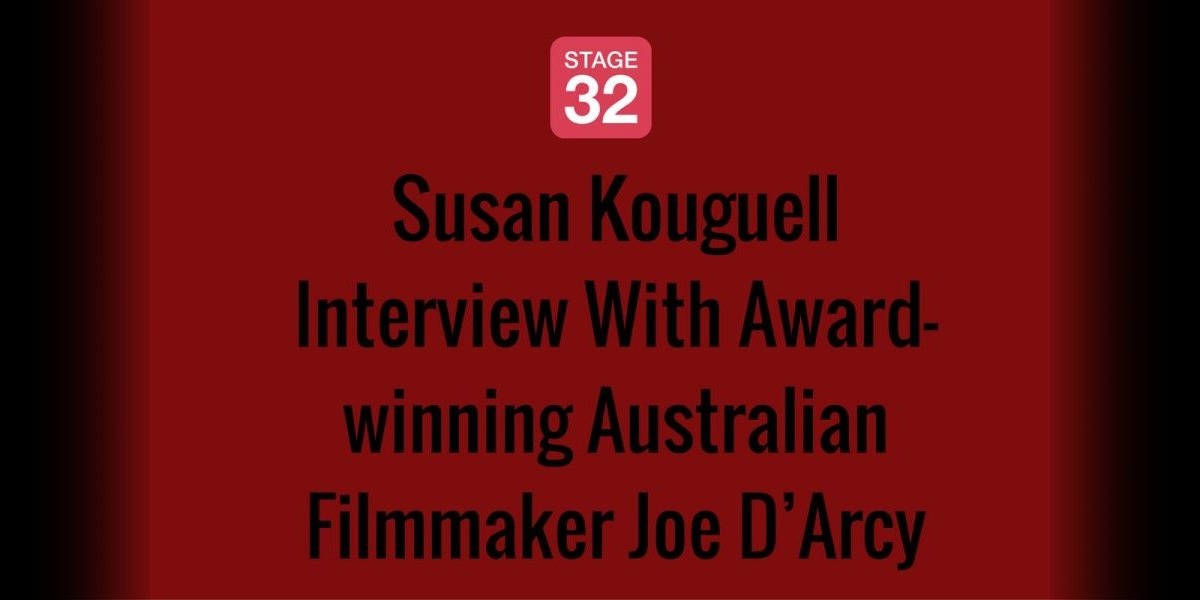Starting Out: Don’t Undervalue Your Work
I can’t believe I graduated college two years ago, it feels like it’s been forever. I’ve spent the bulk of my two years applying to different gigs, sending out pitches, entering competitions, and trying to make some money in the film industry (not retail).
When I was applying to gigs, I began wondering what’s the right rate to charge with my experience on set. How much should I sell a script for? What should I charge a client to write a script? I had so many questions that I wished my colleagues prepared me for. I tried finding answers on the Internet, but everything varied depending on different situations.
When I finally got hired for a feature film as a script supervisor, I entered the set with a small day rate and no travel pay, thinking that was the best rate I could ever get with my limited experience only working on shorts and student films. I spoke with a few people involved with the production and crewmembers that have been in other productions prior and found out I undervalued my work.
After my conversations with them, I’ve gathered some information that I’ll share with you today.
Crew/Production:
- Don’t settle for less than $150/day
- You are on set for about 12-14 hours a day. If you only get paid $50/day, you are pretty much getting below minimum wage. You will be making approximately $4.50/hour.
- If you are having trouble figuring out the right rate, find the minimum wage in the area. You can reason with the producers about the pay when you have the information laid out in front of them.
- Experience does factor in pay, but it shouldn’t limit you. Just because this may be your first 'paying gig' doesn’t mean you should undersell your work ethic.
- “Production should always budget to pay their crew a good rate.” (My colleague’s words, not mine)
- Travel and mileage.
- If you are traveling to set, ask for compensation.
- Compensation can come in many forms.
- Gas.
- Mileage.
- Lodging.
- Parking or any other fees that involves you traveling.
- This should not be factored in your pay.
- Don’t be afraid to ask, some productions may say they won’t pay for gas. If that’s the case, ask to be compensated for parking, tolls, or other expenses that brought you to set. This might be a low enough cost for them to cover.
- Make sure you save your receipts!!!
- Compensation can come in many forms.
- If you are traveling to set, ask for compensation.
- Overtime pay.
- Find out about overtime pay and how it will be distributed.
- Most productions will try to end on time, but that’s not always the case.
- Note: My last production wanted to do eight-hour days, but we always rolled over a few hours, which in turn made them change their days to twelve-hour days, otherwise we would be getting a lot of overtime pay and that adds up quick.
- Most of the time, overtime pay is time and a half, but don’t always assume that’s what it is, find out.
Writing:
- Ghostwriting.
- When you are ghostwriting, you should charge more than you would someone paying you to write for credit.
- You will not be recognized for your work. You will not get any percentage of sales or options. You will not get any residuals.
- When you explain this to your client, they should understand your rates.
- The person I spoke with factored a rate from $4,000 to $6,000/script is the best.
- Selling Your Script.
- The WGA has standards to charge when selling scripts.
- Original scripts should be sold starting from $56,500 to $106,070.
- If you are not in the WGA, it’s still best to refer these standards when selling a script. I would push for the minimum of $56,500 and ask for residuals.
- Never go lower than five figures (that’s something I picked up in school).
- The best thing for you as a screenwriter is to get a manager or an agent, so they can negotiate pay for you.
- If unable to get an agent (like me), be prepared to really study the contracts and be firm on your stance to get paid with the rate you find is the best for you.
- Writing for Credit.
- (I’m doing this currently).
- I charge about $1,500 to $2,000 per script and welcome pay installments.
- I also ask somewhere between 15-30% of sales/options and backend pay.
- This is purely based on what has worked between my client and myself. I am not an expert on this, I’m just starting out in this area and I would definitely talk it over with your clients to reach a compromise.
- Personally, I think I should be charging more, but he was my first client, claimed he was very limited on funds and I was naïvely eager to start making money by writing scripts.
This is the most important information for both:
- Get a contract and make a copy!
- Make sure you get your pay in writing and how you will be paid.
- Should production neglect to pay, you have proof they owe you money.
- If production/client changes the rates, ask for a new contract and pay schedules.
- Always be on top of your pay rate.
- Find out about any changes.
- Speak with production/clients about your concerns.
So I hope this helps some of you out there and feel free to share your experiences with me below!
About Emi:
Emi Sano graduated from the Rochester Institute of Technology with a fine arts degree in Film and Animation and an emphasis in screenwriting. She has worked on a few short films as a script supervisor and is in the process of working on her first feature film. When she isn’t on set, she is writing screenplays for both film and television. Emi has placed as an honorable mention and semi-finalist in a couple screenplay competitions. She likes to watch as many movies and shows as she can to hone both her screenwriting and script supervising skills. To escape from the world of film, Emi likes to watch live sports, read, sing at the top of her lungs, and go sightseeing.
Like this blog post? Please share it on social media (Facebook, Twitter, LinkedIn, email etc) by using social media buttons at the top of the blog. Or post to your personal blog and anywhere else you feel appropriate. Thank you.
As always, we welcome thoughts and remarks on ANY of the content above in the Comments section below...
| Susan Kouguell Interview With Award-winning Australian Filmmaker Joe D’Arcy |
| The Arab World in Cannes |
Search Stage 32 Blog
There are now 4031 blog posts for you to enjoy. Search them all by tags below.
Acting, Advice, Cinematography, Coffee & Content, Composing, Contests, Distribution, Featured, Filmmaking, Financing, Inspirational, Networking, Producing, Screenwriting, Success Stories, Tips, Trending,Relevant Tags
Recommended Articles

November Write Club Week 4: The Art of the Pitch- What Managers & Execs Actually Want to Hear

Don't Let the Momentum of November Write Club Die: How to Stay Active Into 2026 & Beyond!

Wearing Many Hats As A Creative

Stage 32 + AFM 2025 Education Partnership - Join RB & Celebrate 10 Years!

November Write Club Week #3: How To Make A Strong First Impression When Meeting Execs, Producers, & Reps

Making Our First No-Budget Feature: The Pure Vortex Production Chaos (Part 2)

Insider Intel: 2026 Predictions

4 Reasons To Have Audio Description On Your Film

Insider Intel: Packaging your Project- The Chicken or the Egg Dilemma






